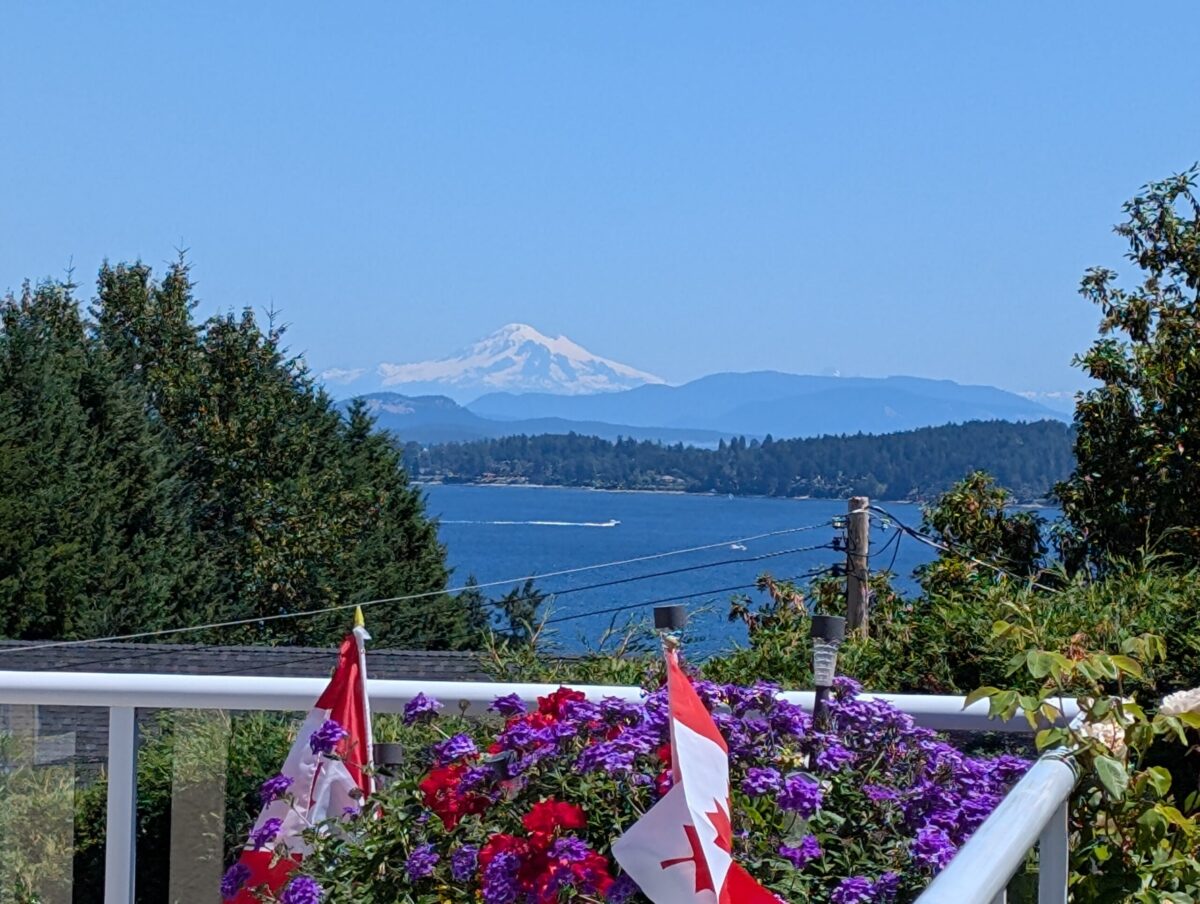An excerpt from a new story I am working on:
My father did find some employment as a pier rat and general labourer during the American era and when the French and English fast patrol boat squadrons were based here during the war but that was only a temporary respite. The war ended Dartmouth’s prospects, as well as my father’s. Their future faded away into maritime obscurity but for my father, in an alcoholic drift. Most of the townsfolk adapted. My father couldn’t or wouldn’t. His inability or unwillingness to change would have a profound impact on my own sense of well-being.
For the times now, 1949, Dart Harbour, with its two main towns of Dartmouth and Kingswear was in a period of transition. It was a slow, dreary almost lifeless place to live. We were still under the black cloud of rationing as a holdover from the war. Labour was the governing party. Clement Attlee is our Prime Minister. George VI our King. Our national hero, Churchill, was turfed at the end of the war. Being a young lad, rationing and politics meant absolutely nothing to me. Hunger was my normality. I thought that it was always this way – for everyone. My life, my sphere of interest, my influence on this world was very small. It was insignificant. I was insignificant. I was but an urban urchin from Dickens. One of Fagin’s no names. The Artful Dodger perhaps? What was my life, my routine? Wake up…hungry. Walk to school…hungry…and cold, back to my home…hungry…and cold, back to my bedroom…hungry: dream, think of my mother, fear of my father…hungry, cry, and pray…hungry. Although I really didn’t know how to pray as we never went to church. But I did know how to hunger.
Bully beef for me, bully beef for you was a common saying around these parts.
“Good day, good morning.”
“Thank you and a bully beef for you too,” whatever that meant.
“Nigel….NIGEL…” my father screamed. “Get your sorry ass down here….NOW.”
This was a familiar ring. I left my room and went down the stairs to the drawing room. There my aging father sat in his old chair. Faded brown and ripped at some of the seams. The arm rests blunt and bereft of any texture whatsoever: a glossy smoothness from years of wear. High backed it was with its high back to the window. He hated looking out at the world he told me in one of his rare moments of sobriety. It reminded him of his lot in life. What could have been or should have been so he thought had been. On the floor and to his right sat his brass spittoon. I hated the sight and smell of that with its gross chaw or tobacco, sometime snuff innards. It was awful. I swore I would never partake and I never did. Sometimes my father made me empty that jar of filth and I did so with much trepidation, fearful that any part of his innard snot or gawb will befall on me. Yuck. I felt sick.
“Yes Father” I responded meekly as I entered the room, for I feared him. He wasn’t drunk…yet. That would come soon enough.
“Take this dosh boy and go down to the shops and get me some food. Don’t care what. Fish n Chips perhaps, some scotch eggs, whatever. Take some fer yerself…now on with you lad.”
Off I went, as ordered.
I took the money and left.
Out the door I headed, turning to my left then down Church Hill toward the harbour quay. It was raining. I pulled up the collar of my old oversized anorak and headed toward the center of town. Quickly I might add as the soles of my shoes were weathered and worn thin. I could feel the cold moisture of the rain soaked street ooze up and into my shoes. So much so that I found myself favouring the sides of my soles, walking bowlegged to the extreme.
Church Hill Street met the main Kingswear quay tangentially from the southeast then melted into one main thoroughfare of the Fore High Street of downtown Kingswear right at the familiar Kingswear Hall. It was about a five minute walk for me. Down on the main quay were a number of shops: bakery, although bread was still being rationed; the Steam Packet Inn where the booze and beer flowed freely; and a few other shops and wares. To my left was a stone cobbled sidewalk protected by a four foot stone seawall. As you looked out over the harbour, our ferry slipway and the tidal flats you could still see remnants and reminders of the war, now just four years prior, by the number of torpedo boats and gun boats in a nest at a berthing buoy. I had no clue as to what they were, only that they looked very cool and awesome to a ten year old like me.
SJ…Out
